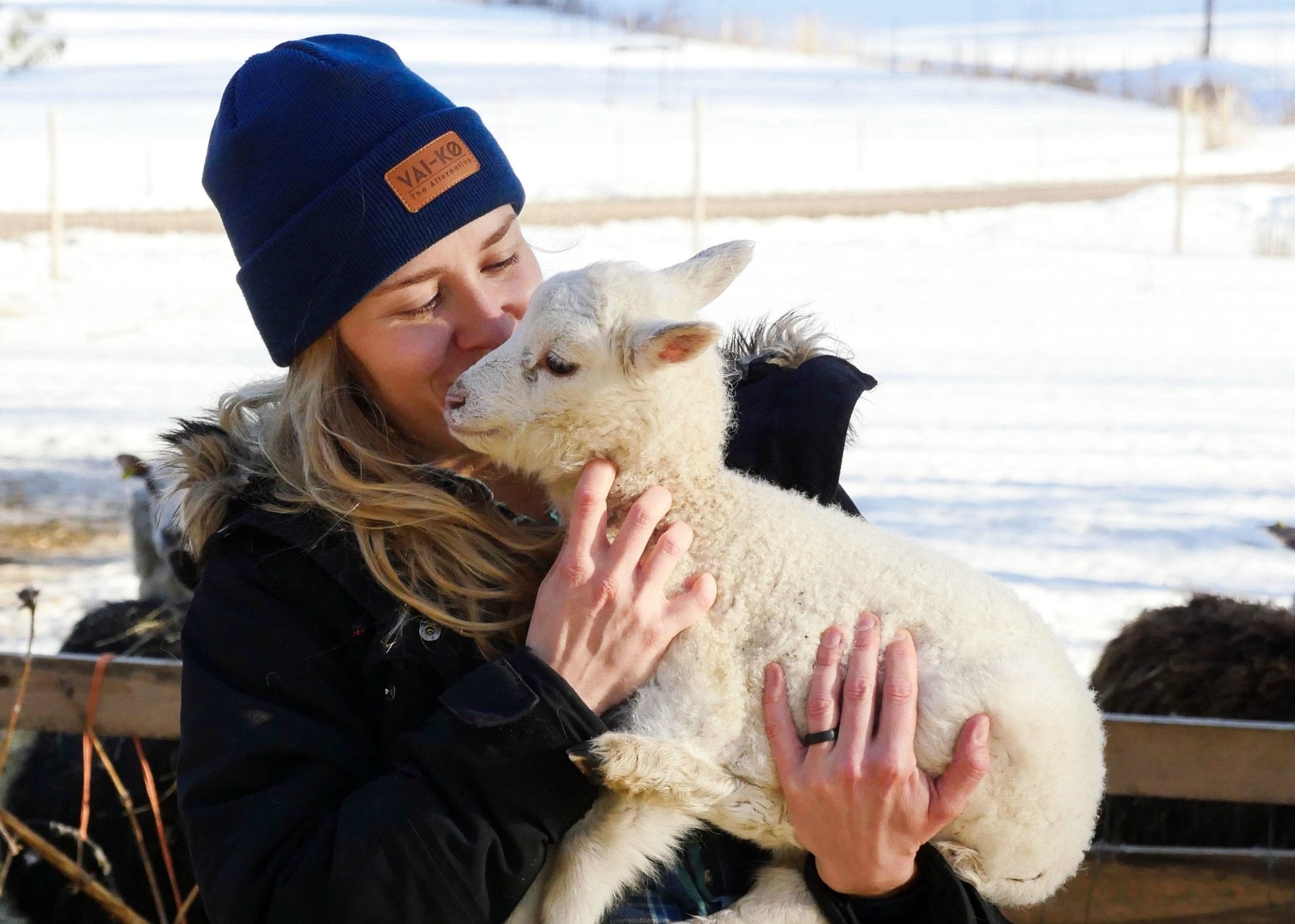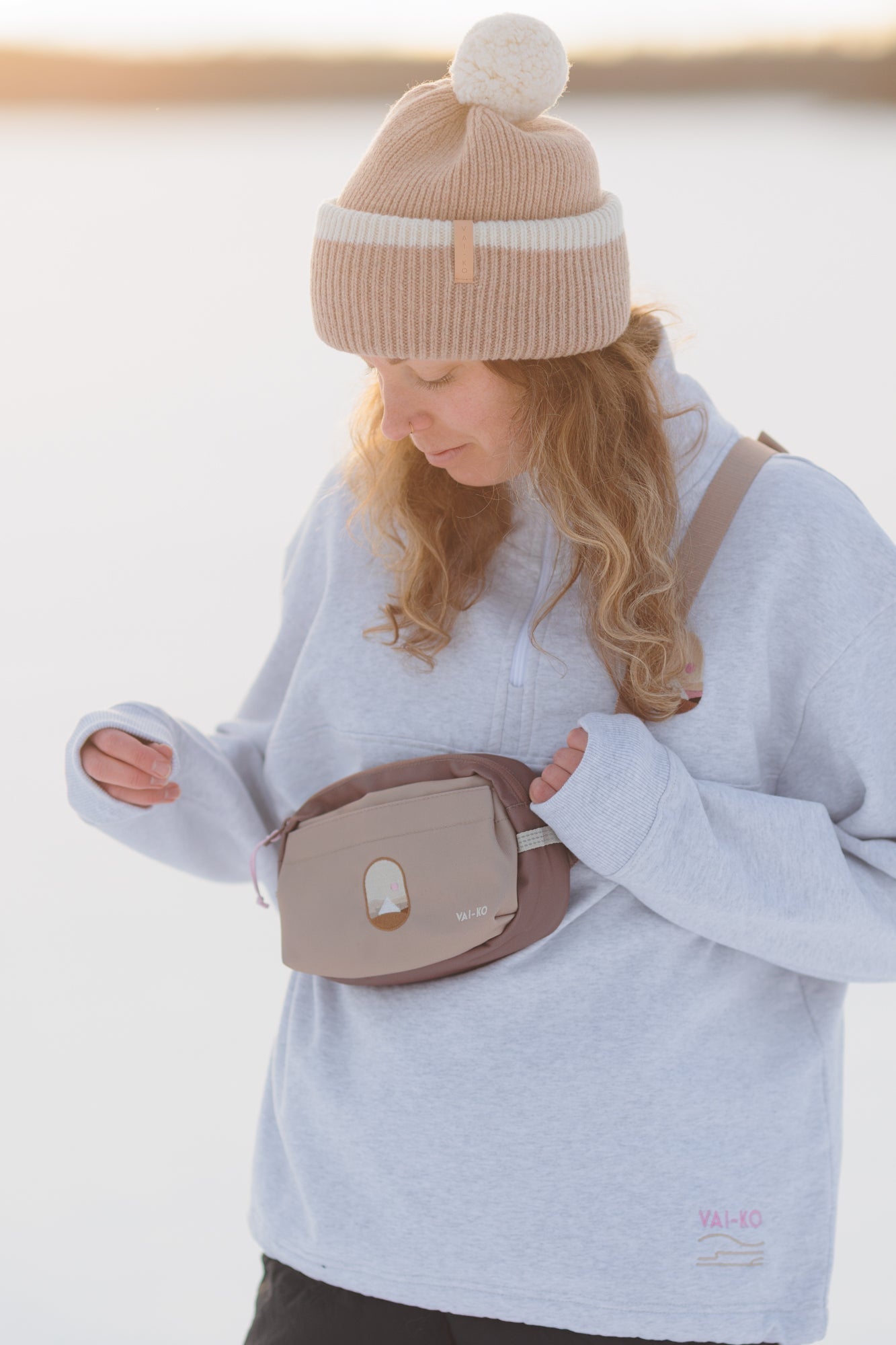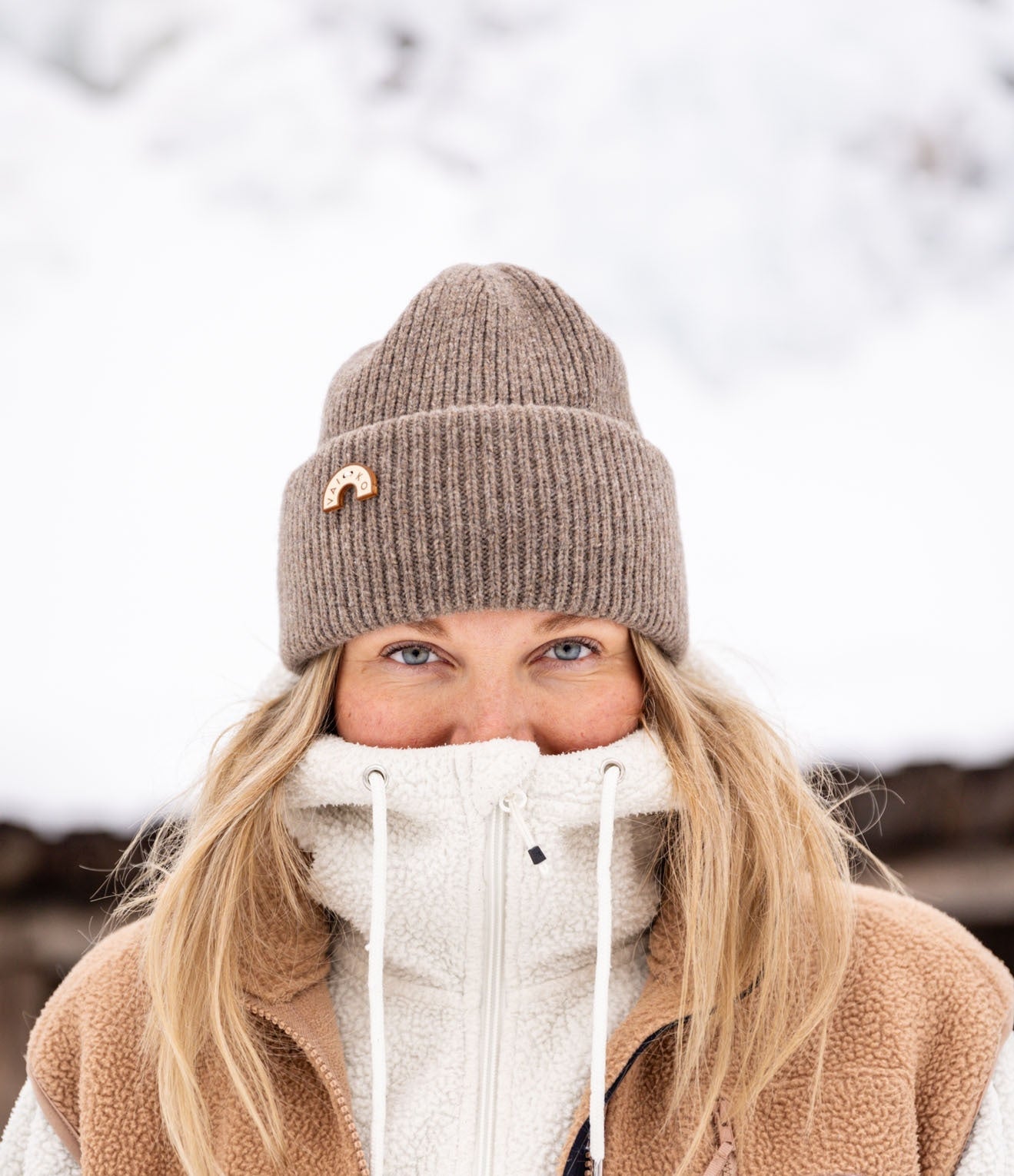In this article, I'll tell you about the toxic chemicals used in wool production and why switching to Organic wool is the environmentally friendly choice.
Ethical & Environmental Issues with Wool Production
Little lambs shaking their little butts around on green grass, farmers shearing the momma sheep and old ladies spinning yarn in a traditional rural scenery.
That’s what comes to one’s mind when thinking about wool.
Or maybe it’s just me… Nevermind.
In any case, wool and all that comes to its production it's not all that innocent. Like any other fiber in the textile industry, wool has its environmental and ethical issues. But the good news is, practicing good organic wool farming can significantly limit any negative impact on nature and humans!

1. Land Pollution: Problems with Erosion
Intensive sheep farming that is based solely on high productivity has a lot of environmental and ethical problems, one of them is erosion. When farming is not done sustainably, herds are massive and they are not rotated, pesticides are used carelessly and the soil is not cared for, there comes a time when the land can’t take it anymore and starts literally turning into desert.
This happened in Argentina that used to be the world’s second largest wool producer. They were forced to devolve to sustainable farming solutions, such as Organic Wool Farming. More about alternative farming solutions later...
2. Chemical Pollution in Wool Production
The pitfalls in wool production have everything to do with pesticides. When pesticides are used poorly, they can cause great harm to human health and watercourses both on the farm and in subsequent downstream processing.
Organophosphates for example, that are widely used to treat sheep scab, are terrifyingly linked to severe nerve damages in humans. When this was discovered replacements were developed, that are based on cybermethrim or pyrethoid. They are safer to farmers but are 1000 times more toxic to aquatic life than organophosphates and have been suspended from sale in many countries due to their connections to a high number of water pollution incidences.
You might be wondering, is there any good news?! Wait for it…

3. Water pollution: Dealing with Wool Scouring Wastewater
A significant factor in the environmental impacts of wool production is the practice of scouring and pesticides are a big cause of problems here too.
Wool is the only fiber type to require wet cleaning before yarn manufacturing, because of grease and dirt caught in the fibers (this is the result of all that shaking around in the grass, you see). That's why wool is scoured with hot water, this practice leaves behind wool grease sludge (ew) that contains a high volume of suspended solids and has a high pollution index. For each kilogram of scoured wool, 1.5 kilograms of environmental waste is produced.
But there’s a solution to this greasy mess! Lamb grease can be used to make lanolin, but this is where the pesticides cause more issues. You see, lanolin is used as an ingredient in skin creams (famously in nipple creams) and pesticides could cause huge health issues when applied directly to the skin.
If all these icky pesticides are such troublemakers, why not switch to pure organic wool?
4. Organic Wool is the Green Way
Organic wool comes from sheep that get to graze (that means chill) on fields, are not treated with pesticides, are fed with organic feed. Sheep are not dipped in any gross synthetic pyrethoids or organophosphates (OP's) either. It is permitted to control sheep scab only with certain injectable or pour-on preparations that tackle minimize the use of chemicals, impacts on freshwater ecology and downstream processing.
Organic wool as a more sustainable fiber is quickly gaining popularity. Following the standards of Organic solves a lot of environmental and ethical issues concerning wool production. Using organic wool means you never have to wonder if a product is safe for kids to wear or if the sheep have been dipped in chemicals and lived a harsh life indoors for you to have a wool product.
These are the reasons we, here at VAI-KØ, have decided to use only Organic Wool that is certified (more about our certificates HERE) in our beanies, scarfs, mittens and sweaters. And not just any type of organic wool but super-duper cool Merino Wool, that is the subject of our next blog post, read HERE!

What do you think, how will the textile industry work and what will our clothes look like in 5, 10 or 50 years?
Sources:
Sustainable Fashion and Textiles (2008): Kate Fletcher
Impact of Livestock on Soil, http://agriculture.de/acms1/conf6/ws4lives.htm.









